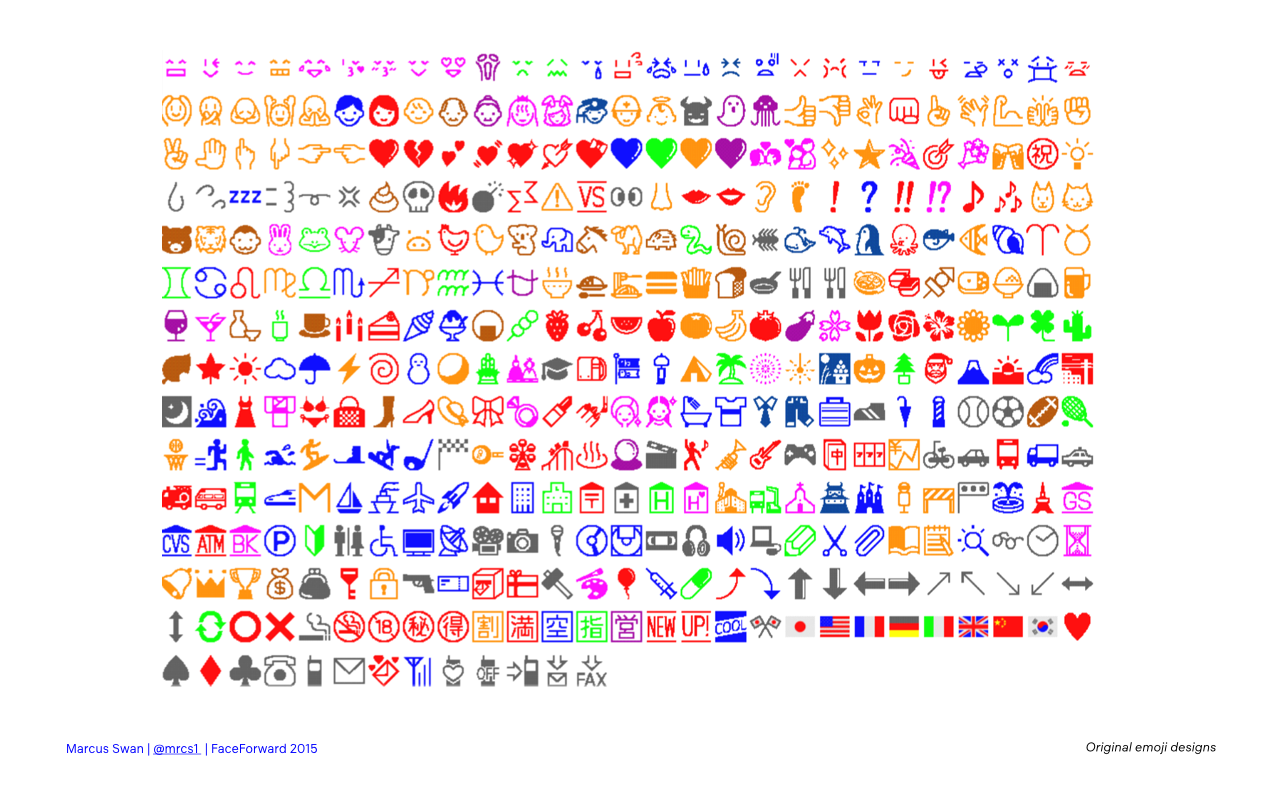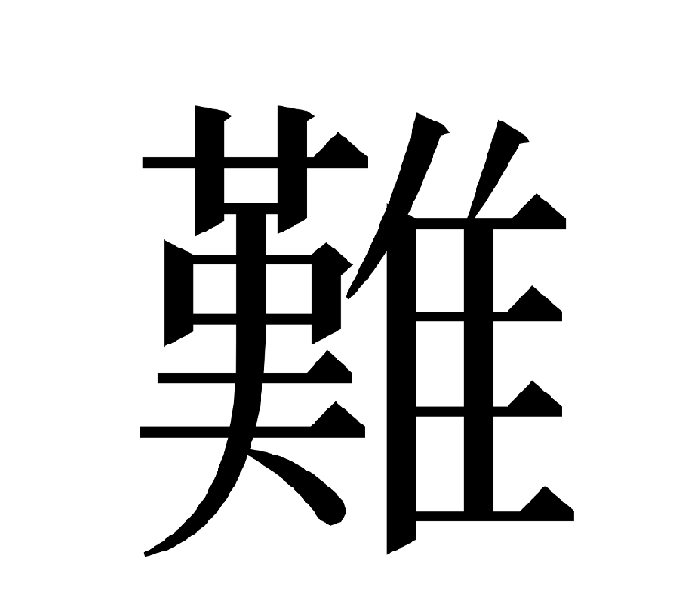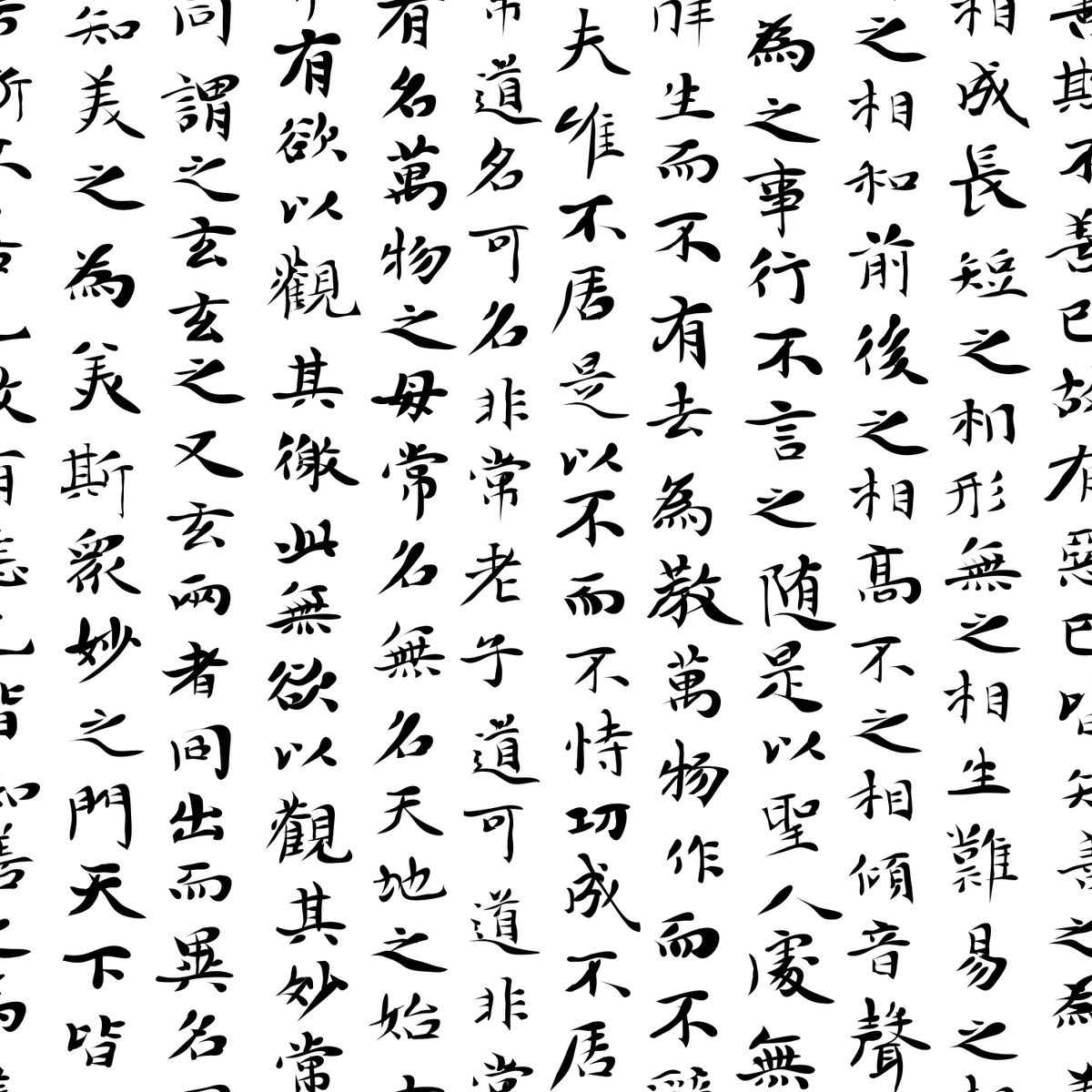Japanese sound-symbolic words in global contexts
Por um escritor misterioso
Descrição
This paper explores the global reception and development of the artistic expression of onomatopoeia and mimetic words in modern and contemporary Japanese literary texts adopting the method of comparative literature. By analyzing sound-symbolic words and their translations in modern Japanese poetry and contemporary comics, the intercultural dialogues of these texts are examined and the emergence of hybrid onomatopoeia in global comic works is illuminated. The Japanese language is often noted for its richness of sound-symbolic words. In the literary world, modern poetry adopted and elaborated the use of these words from the late 19th century in its quest for a new style of poetry. In the early 20th century, poets developed the artistic expression of sound-symbolic words and succeeded in giving musicality to the “new-style poem”. However, the translation of Japanese sound-symbolic words has always been problematic. Experimental uses of these words in modern poems were often untranslatable, making the translations incomprehensible or dull. Nevertheless, graphic narratives and their worldwide distribution changed that situation. Japanese comics (manga) has particularly developed the artistic expression of sound-symbolic words. Usually placed outside speech balloons, these words are elaborately depicted and are important elements of the panel/page layout. Notably, the global popularity of the genre developed a new phase of intercultural dialogue. As not every word has an equivalent or is translatable in the target language, translators have left sound-symbolic words untouched in the translated versions, putting translation aside. Thus, the combination of Japanese and the target language seems to influence the visual comprehension of sound effects among the readers. Through the examinations of some cases, this paper brings to light the emergence of some hybrid onomatopoeia and reveals that the “Third Space” formed by the translation and hybridization of manga is a dynamic field that creates a new culture.

Do some languages sound more beautiful than others?

Pure Invention: How Japan Made the Modern World: Alt, Matt: 9781984826718: : Books

PDF) Japanese sound-symbolic words in global contexts: from translation to hybridization

Manga Sound Effect Guide - Japan Powered

Emoji: The World's First Global Language, by Marcus Swan

The 8 Reasons Why Japanese Is One of the Most Difficult Languages to Learn, by DC Palter, Japonica Publication

How to identify Asian, African, and Middle Eastern alphabets at a glance

Frontiers Japanese Sound-Symbolic Words for Representing the Hardness of an Object Are Judged Similarly by Japanese and English Speakers

Kanji - Easy Tips For Learning Japanese Written Symbols

PDF) Japanese Sound-Symbolic Words for Representing the Hardness of an Object Are Judged Similarly by Japanese and English Speakers

The typology of sound symbolism: Defining macro-concepts via their semantic and phonetic features

Japanese writing system - Wikipedia
How Sound Symbolism Is Processed in the Brain: A Study on Japanese Mimetic Words

Do You See What I See? – SAPIENS
de
por adulto (o preço varia de acordo com o tamanho do grupo)







